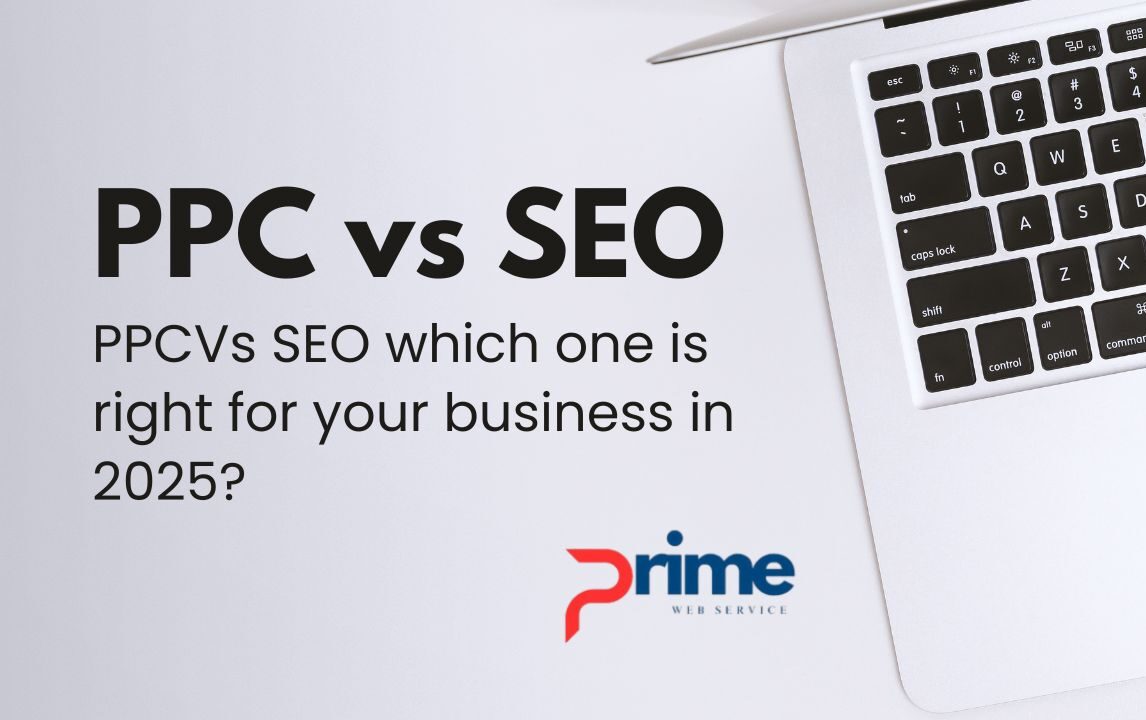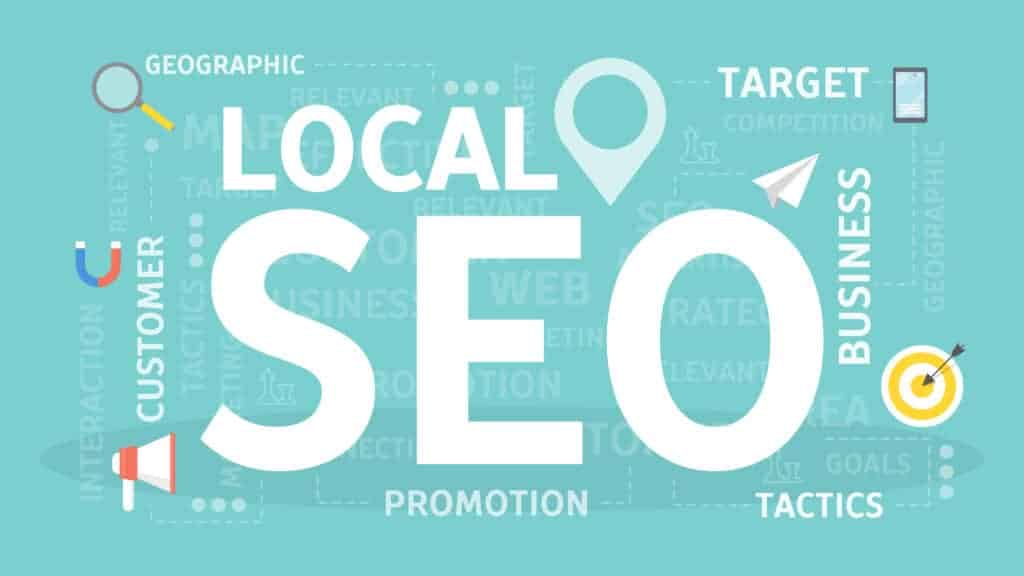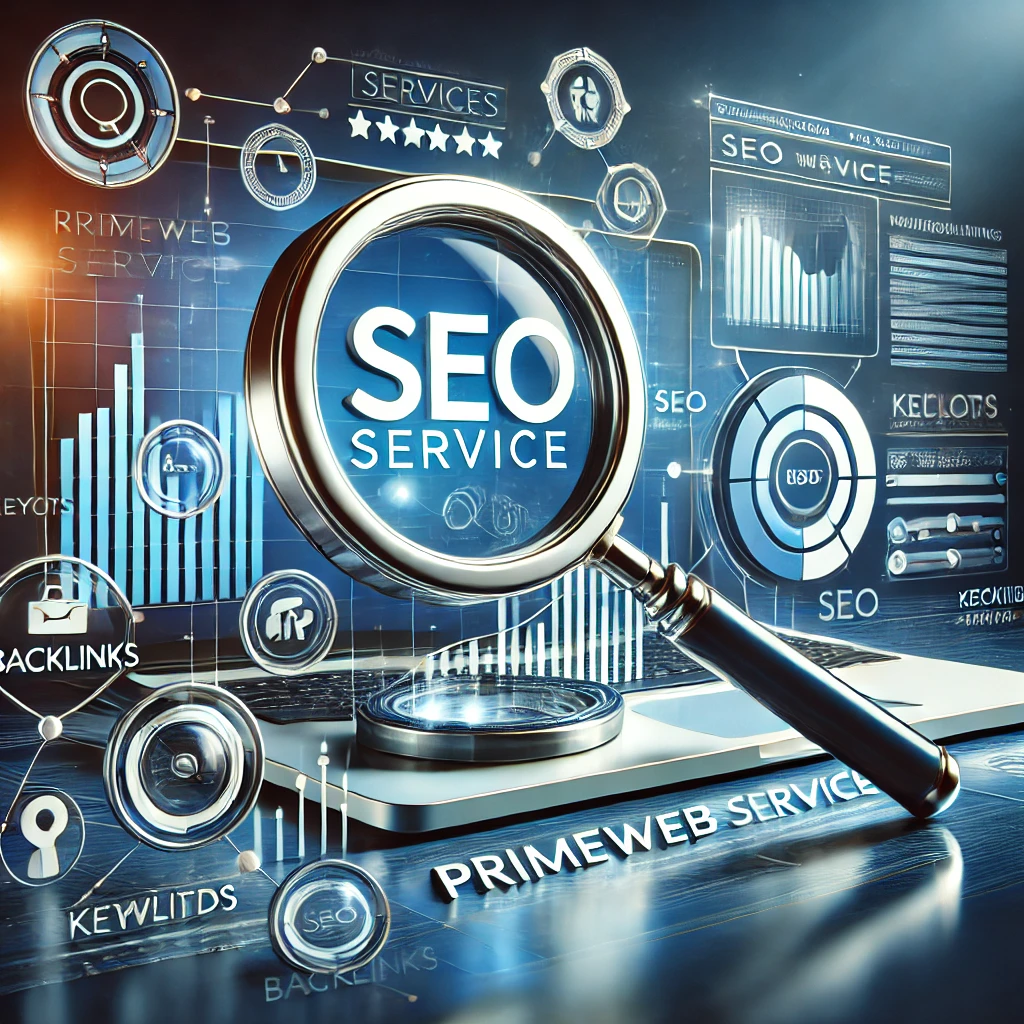
Construction SEO Guide 2025 – Prime Web Service In a rapidly evolving digital landscape, SEO is the single most powerful tool for construction companies aiming to generate qualified leads and grow their business. This guide, curated by experienced content professionals at Prime Web Service, outlines the advanced SEO strategies your construction firm needs to thrive online in 2025. Table of Contents 1. Introduction to Construction SEO 2. 2025 SEO Trends in the Construction Industry 3. Why Construction Companies Need SEO 4. Local SEO Strategies for Builders 5. Advanced Keyword Research Techniques 6. On-Page SEO Best Practices 7. Site Structure & Navigation for SEO 8. Content Strategy for Construction Websites 9. Blogging Ideas to Rank in 2025 10. Technical SEO Essentials 11. Mobile Optimization and Core Web Vitals 12. Link Building for Construction Companies 1. Introduction to Construction SEO Search Engine Optimization (SEO) for construction companies is no longer optional—it’s a critical strategy for gaining visibility, credibility, and long-term business growth. In 2025, more than 90% of customers looking for local contractors start their journey with a Google search. Without SEO, your business risks getting buried under competitors who are optimizing for search engines and winning valuable leads. Construction SEO is a tailored approach to improving your website’s visibility for keywords like “home builder near me,” “commercial construction contractors,” or “renovation experts in [City].” These aren’t just random search terms—they’re the foundation of how potential clients discover and choose your business. A solid SEO plan includes local optimization, relevant content, mobile responsiveness, fast loading times, and authoritative backlinks—all tailored to the construction niche. Why the Construction Industry Needs SEO More Than Ever Increased Online Competition: Construction firms are moving online, and search rankings are the new battleground. Local Search Dominance: Nearly 70% of construction-related searches are location-based. High-Intent Searches: People searching for contractors typically need immediate services. SEO positions you to meet that demand. Cost-Effective Marketing: Compared to paid ads, organic traffic has long-term benefits and reduced costs. Key Components of Construction SEO SEO Element Purpose Keyword Optimization Targets relevant searches like “best residential contractors” Local SEO Helps you appear in local map listings and local search results On-Page SEO Improves content, metadata, and internal linking Technical SEO Ensures your site is crawlable, fast, and mobile-friendly Visualizing SEO Impact Below is a simple bar chart illustrating how companies that invest in SEO compare to those that don’t in terms of website traffic growth over a year. SEO is your digital foundation. As construction becomes increasingly competitive, the companies that rank on the first page of Google will dominate the market. This guide will walk you through the most up-to-date strategies and tools to make sure you’re one of them. 2. 2025 SEO Trends in the Construction Industry In 2025, the SEO landscape for construction businesses continues to evolve with the integration of AI, enhanced user experience metrics, and the shift toward voice and visual search. Construction companies are no longer just competing with local businesses, but with national aggregators and online marketplaces. To remain competitive, embracing upcoming trends is not optional—it’s necessary. Key SEO trends impacting the construction industry in 2025 include: AI-Powered Content Optimization: Google’s algorithms are now capable of interpreting content intent more deeply. Tools like ChatGPT, Jasper, and SurferSEO are being used to create content aligned with user search patterns. Voice Search Optimization: With smart speaker usage at an all-time high, queries like “Who builds modular homes near me?” need to be part of your long-tail keyword strategy. Zero-Click Searches: Featured snippets and People Also Ask boxes are now taking more SERP space. Structuring content with bullet points, FAQs, and concise definitions increases your chances of ranking in these positions. Local Intent Signals: Search engines prioritize content that matches specific local relevance. Construction companies that leverage location-specific blogs, schema markup, and Google Business Posts are dominating local results. Visual SEO: Search engines are placing greater emphasis on image quality, alt text, and video integration. For the construction industry, before-and-after visuals and project walk-through videos are helping firms increase dwell time and reduce bounce rate. SEO Focus Areas in 2025 vs. 2023 Focus Area 2023 2025 Primary Content Format Text-heavy service pages Multimedia (videos, 3D renderings, images) SEO Tools Used Basic keyword tools AI-driven platforms with predictive analytics Search Behavior Typed keyword queries Voice and visual search Link Building Manual guest posting Authority through brand signals, reviews, citations Ranking Factors Backlinks, keyword density UX, Core Web Vitals, mobile performance Bar Chart: Top 5 Ranking Factors for Construction SEO (2025) (Note: You can use tools like Canva, Excel, or Chart.js to visually render this chart on your website) 📈 Core Web Vitals – 92% 📈 Local Relevance & Citations – 88% 📈 Structured Data & Schema – 84% 📈 Visual Content Optimization – 80% 📈 Mobile Experience – 78% By staying ahead of these trends, construction companies can future-proof their SEO strategies and consistently rank above competitors. From adopting AI in content workflows to refining mobile experiences, 2025 is about smarter, more targeted optimization. 3. Why Construction Companies Need SEO In today’s digital-first world, nearly 97% of people begin their search for construction services online. Yet, many construction companies still rely on outdated marketing methods like flyers or word-of-mouth referrals. If your business isn’t visible on Google, you’re losing out on thousands of potential leads. That’s where SEO (Search Engine Optimization) comes in. SEO helps your website rank higher in search engine results pages (SERPs) for relevant queries such as “house renovation contractors in [City]” or “best home builder near me.” Ranking on the first page significantly increases your chances of being contacted by potential clients—especially since over 70% of searchers never scroll past the first page. Key Benefits of SEO for Construction Companies Local Market Domination: SEO helps you appear in Google Maps and local searches, critical for location-based businesses like construction. High-Quality Leads: SEO attracts people who are already looking for your services, making them more likely to convert. Brand Credibility: High-ranking companies appear more trustworthy and










